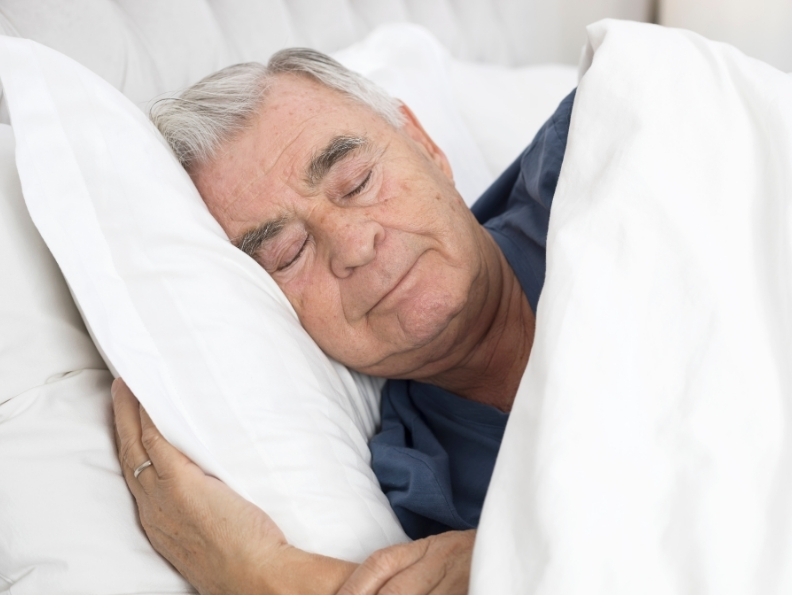Senile amnesia, forgetfulness, and absent-mindedness are all alarming signs indicating a deterioration in brain function. Amnesia is accompanied with confusion of awareness, a breach of the replication of past events in memory. The disorder may be sudden, episodic, or progressive. With short-term amnesia, elderly people maintain knowledge of their identity, family, recall current events, and are able to do basic mathematical activities. Amnesia advances in the lack of attention to bouts of memory lapses, especially if it is aided by a complex clinical history (atherosclerosis, trauma or organic brain damage, a stroke, oncology, severe metabolic disorders against the background of kidney or liver failure).
TAKING CARE IS THE MOST RESPONSIBLE PART

Build a positive psycho emotional environment in the family
Follow the protective regime

Check the quality of
night sleep for at least 10 hours and
daytime sleep for at least 1.5 – 2 hours
progressively include them
in daily home matters,
provide reasonable instructions

Limit or totally eliminate the use of alcohol and cigarettes
closely monitor the drug regimen
in accordance with the circumstances of complicated therapy

- Daily guided walks are demonstrated while preserving mobility. If a person is need to stay in bed, the following rehabilitation criteria must be followed:
- Regularly ventilate the room
- do a wet cleaning
- massage at least twice a day to prevent bedsores
- wash and carry out the genital toilet (for convenience, hygienic absorbent panties can be used)
- provide a full meal several times a day with freshly prepared food
- give supportive medications
- change the bed linen on a regular basis
- monitor the body temperature and well-being of a person.
Caring for a patient with a severe type of dementia and a predisposing medical history needs specialized knowledge and compassion. To assist a loved one, visit a hospice or a rehab for patients with neurological problems to learn how to care for very ill persons.
Experts advise continuing therapy at home to eliminate the possibility of new stressors. As a result, an elderly person who is placed in strange surroundings (hospital, nursing homes) feels stress; it is more difficult to adjust to new circumstances, and it is sometimes difficult to tolerate separation from close family members.
Food requirements
A patient with senile amnesia or dementia should eat a well-balanced diet rich in trace elements and vitamins. Seasonal fresh berries and fruits, steaming or fresh vegetables, poultry, rabbit, calves, and fermented dairy products are on the menu. It is necessary to prepare food for a couple by cooking or stewing. The meals’ consistency and temperature should be checked.
In the absence of contraindications, it is necessary to follow an active drinking regimen. The diet includes unsweetened compotes, a rosehip berry decoction, handmade jelly, fruit drinks, chamomile, sage, peppermint, and other calming preparations.
In most cases, episodic amnesia with no symptoms of rapid development does not have a substantial impact on quality of life; elderly individuals continue to work and have a social life. When a patient develops dementia, he or she loses not just the capacity to navigate in space, but also the ability to self-serve. That is why it is critical to respond to bouts of memory impairment as soon as possible.
Memory loss is a natural and progressive aging process that occurs as a result of age-related changes in clinical practice. However, this does not always imply that forgetfulness will progress to dementia. On the contrary, with the proper treatment plan, the patient’s health improves and brain function is retained.
Contact the hospice center for consulting and further treatment.

